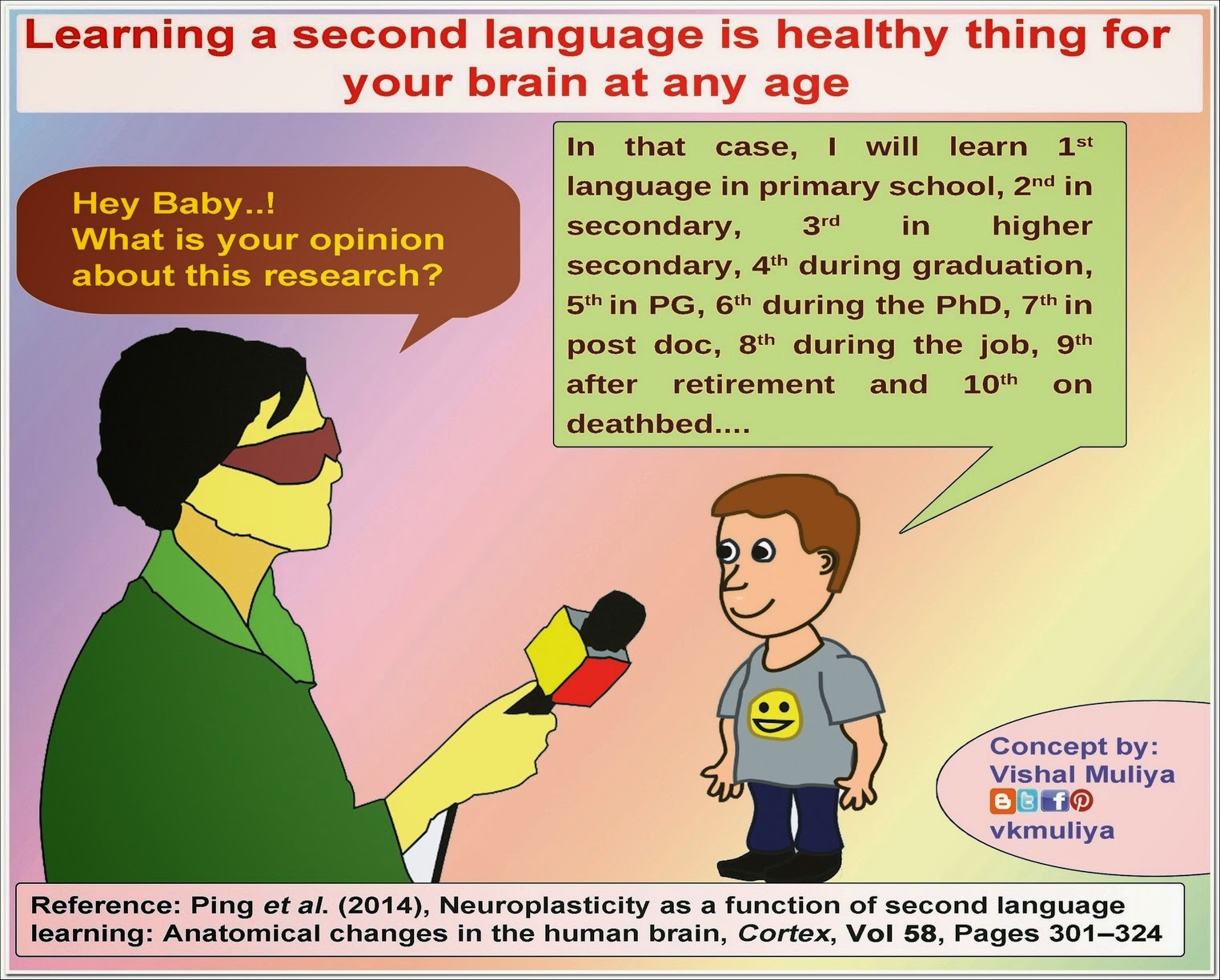Multiple studies have shown that learning a second language can improve the memory and slow the process of aging this is one of our favorite language facts

Learning a Second Language: A Key to Improving Memory and Slowing Aging

Learning a second language is no longer just a skill to impress others at cocktail parties; it has been scientifically proven to have numerous cognitive benefits. Multiple studies have shown that acquiring fluency in a second language can significantly enhance memory and slow down the aging process. This is one of our favorite language facts, and here’s why.
The Cognitive Benefits of Learning a Second Language
The mental gymnastics required to learn a foreign language can help enhance memory and cognitive abilities. When we engage in second language learning, our brains receive a stimulating workout that results in long-lasting improvements in various cognitive functions.
A study conducted by scientists at the University of Edinburgh used brain scans to compare individuals who were bilingual with those who spoke only one language. The scans revealed that bilingual individuals had more grey matter in their brains, particularly in regions associated with memory, attention, and learning. This finding suggests that learning a second language can actually improve the structure and functionality of the brain.
Boosting Memory and Cognitive Function
The benefits of learning a second language extend beyond simply expanding vocabulary and grammar proficiency. Proficiency in a second language requires constant practice and recall, which can sharpen the mind’s ability to retain information and improve memory recall from long-term storage.
A study published in the journal “Psychological Science” showed that individuals who were bilingual had a significant advantage when it came to memory tasks compared to their monolingual counterparts. The researchers found that bilingualism facilitated better recall abilities, improved working memory, and enhanced overall cognitive function.
Slowing Down the Aging Process
As we age, our brains naturally undergo a decline in cognitive function. However, studies have shown that learning a second language can help slow down this process, greatly benefiting cognitive health in later years.
Research published in the scientific journal “Annals of Neurology” found that bilingual individuals showed symptoms of dementia and Alzheimer’s disease an average of 4.5 years later than monolingual individuals. The cognitive reserve built through language learning is believed to create a protective barrier against neurological decline, allowing bilingual individuals to maintain their cognitive abilities for longer.
Embracing a New Language for a Sharper Mind
Learning a second language is not only an educational endeavor but also an investment in cognitive health and well-being. The mental workout involved in acquiring a new language has been proven to enhance memory, improve cognitive functioning, and slow down the aging process.
So, whether it’s Spanish, Mandarin, or French, it’s never too late to start learning a second language. Apart from expanding your cultural horizons and opening up new opportunities, it can significantly benefit your brain health. Embrace the challenge and reap the rewards of a sharper mind and a more resilient memory.

Sources:
Tags
Share
Related Posts
Quick Links
Legal Stuff

